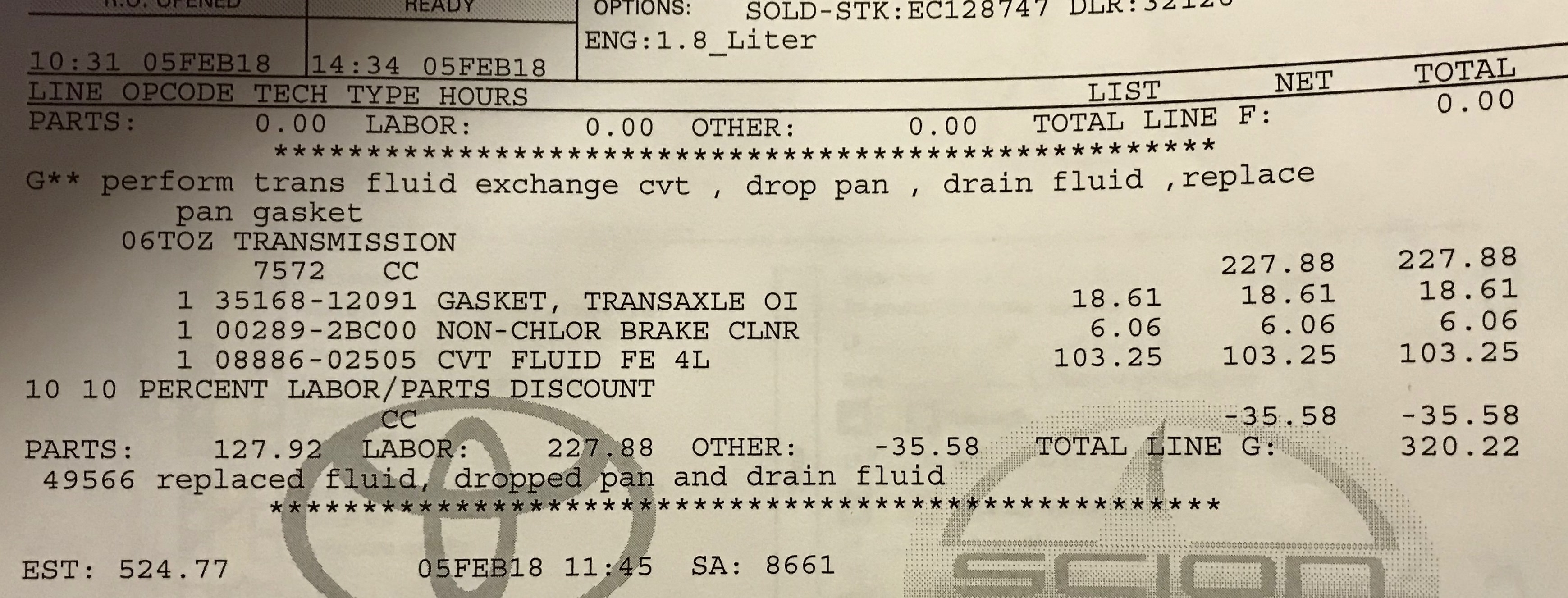- :
- Plano, Texas, USA
I always thought California would set up a standard of gasoline formulation for lower emission and all 49 states follow. Thanks for the explanation.Costco sells the cheapest gas which is still Top Tier
The formulation of gas is to get a cleaner burning gas, which is part of the state's environmental regulations. The process of refining it is more expensive and neighboring states don't require it and neighboring states' refineries don't follow it.
Of course, in addition, there is state tax levied on gas, there are few independent retailers (e.g. not well known across the US), many more drivers and no pipelines. All these make gas more expensive.
In the 90s, California suffered from high air pollution, with the introduction of this special formulation in 1996, pollution dropped significantly, specifically ozone levels (which at ground level is a measure of unhealthy air).
The immigrant population in the bay area of high tech engineers and their families is very large. These are especially from countries like China and India, but also from Europe, Russia, other Asian countries or any place with a good higher education system.
Yes, homes here are super expensive. An average home is > $1M. This average home is much less nice than an average home in most other places. There aren't many 4500 sq ft homes in the bay area. Some coveted locations have small, low standards buildings, which are > $2M, some with 1 car garage converted into some other type of leaving space.
Even well paid tech workers, which rent, will often choose to buddy-up and rent a single apartment or house together. This is what the neighbors across the street from us do.
The trailer park close to my office has some Tesla / Mercedes in some driveways (cars which are common here). A 2 bedroom apartment in a meh neighborhood but close to many high tech offices are $3600/month.
Speaking about housing in Bay Area, I saw people put up a tent in the backyard and rent it out on Airbnb!

